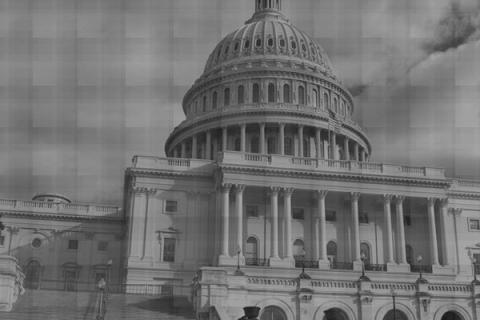In an article here at IVN yesterday, AJ Segneri asked: where is the next third party? It is a common question, especially among those who feel that a choice between a Democrat and a Republican is no choice at all. As AJ points out, however, whether you're moderate, liberal, conservative, libertarian or progressive, there is very likely a party where you could find yourself at home, and that party is likely running candidates for elected office.
Given the ongoing exodus from the major parties and the record high number of Americans who express veritable disgust with Democrats and Republicans nationwide, why do there appear to be so few viable alternatives to the status quo? As AJ points out, Independent and third party viewpoints are often excluded from the mainstream media, alternatives to the candidates of the major parties are rarely, if ever, included in polls and surveys, and are often expressly prohibited from participating in debates and candidate forums.
These nodes of political discrimination mutually reinforce one another. Civil groups will justify their exclusion of third party and Independent candidates by stating that they have garnered little media coverage and failed to demonstrate some arbitrary level of support in opinion surveys. On the other hand, media organizations are known to defend their decision to not cover third party and Independent candidates by pointing to the fact that they have little or no support in opinion polls, while polling organizations will justify their refusal to include third party and Independent candidates in their surveys by stating out that these candidates have garnered little coverage in the media.
In effect, mainstream media, polling groups and civic organizations collude to maintain the fiction that the Democrats and Republicans are the only choices available to the public on election day. The result is the appearance that third party and Independent alternatives to the Democrats and Republicans simply do not exist. Once we begin to understand this dynamic, it becomes easier to understand why so many exasperated Americans call for the founding of “a third party” despite the fact that there are literally dozens that already exist.
Of course, when an Independent or third party candidate does manage to break through the mainstream filter, the partisans of the political status quo in the Republican and Democratic parties are ready with a handy list of talking points to create the appearance that we are forever doomed to suffer the misrule of the two-party state. We are told that alternatives to the Democratic and Republican candidates will never get onto the ballot, that they cannot win with our current voting system, and so on.
There is a grain of truth to such assertions, but they are also easily refuted. Democratic and Republican lawmakers have rigged our electoral system to ensure that third party and Independent candidates face absurd hurdles to achieving ballot access. Yet they achieve it nonetheless. In 2010, there were more third party candidates for Congress on the ballot than there had been since the 1930's. Our voting method, known as plurality voting, does indeed favor a two-party system, but the plurality voting system does not dictate that the Democrats and Republicans should be those two parties. Why shouldn't the two-party system in Massachusetts provide a choice, say, between the Greens and Democrats, while Texas voters decide between the Libertarians and Republicans? Furthermore, Independent and third party candidates can win under plurality voting. Maine, Connecticut, Rhode Island and Minnesota have all elected Independent governors over the last twenty years.
In the end, all it takes to elect alternatives to the Democrats and Republicans is for people to support them. Will you?

